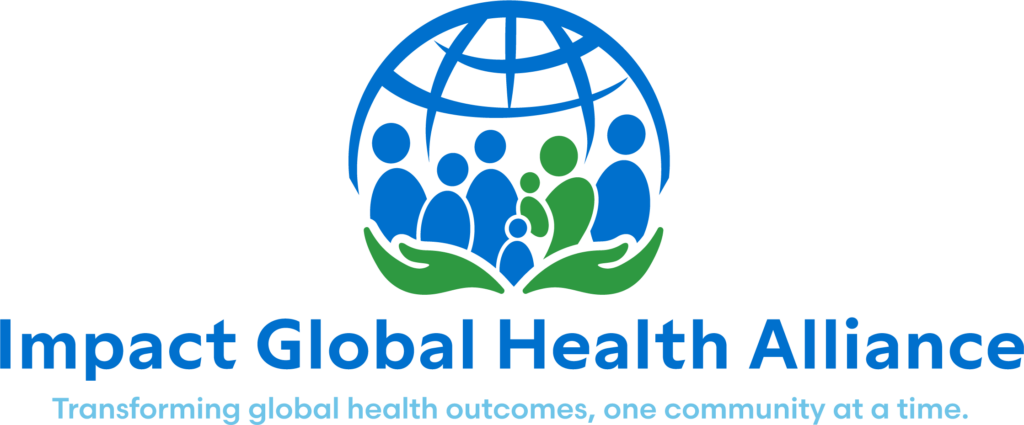Barriers to Health Care in Guatemala
Guatemalans battle some of the worst health problems and barriers in the world. This nation consists of high maternal and child mortality, frequent cases of diabetes and heart diseases, and it also has the fourth highest rate of chronic malnutrition in the world. Barriers that deal with language, culture, and geography block the opportunity for the people of Guatemala who already have a shortages of rural health personnel. All of these negative factors added together lead to dramatic health problems at separate groups of people. Indigenous women continue to deliver babies in dirt-floored homes and die at rates matching those of Sub-Sahara Africa. Many of these indigenous families living in rural areas face countless barriers and problems while trying to access health care.
The top barriers experienced are the following:
- Language – In Guatemala there are 22 indigenous languages spoken. Very often people only speak or understand their community’s indigenous language. In many rural areas, those with no access to education will normally have little to no knowledge of Spanish, which many medical professionals only speak. This results in doctors not being able to communicate basic health care instructions to expecting mothers.
- Culture – There are numerous cultural practices surrounding illness, births, and deaths in many of communities. For example, the custom here in the US for the father to hold the baby soon after birth. Customs vary from community to community around the world. When local customs are not respected Mayan women will seek out other forms of healthcare or healing. This can cause their illnesses to not be treated properly.
- Physical Accessibility – In many cases, access to maternal healthcare is limited, especially for indigenous populations throughout Central America. More often than not, citizen’s will chose to not seek out health care services rather than to pay transportation costs to facilities outside of the village.
- Poor funding of local health posts
- outsourcing of secondary health costs to private companies
- lack of specialists in rural areas.
These barriers make up a disturbing picture. Most of the indigenous families living in rural areas cannot afford desperately needed health care when a family member falls ill. Thankfully, Impact Global Health Alliance Global is working hard to change this problem by addressing each of these, plus much more, barriers individually. Through the Casa Materna model, Impact Global Health Alliance Global uses data-driven science to save the lives of mothers and babies. Come back in a few days to read about how we solve this problem in our blog post: “Part 2: The Solution”.
Who is Impact Global Health Alliance Global?
Impact Global Health Alliance Global, an international nonprofit, established Casas Maternas in three municipalities located in the isolated northwestern highlands of Guatemala—an area with a high maternal mortality ratio (636 maternal deaths per 100,000 live births, 24 times higher than the rate in the US). Casas Maternas are maternal health facilities that provide vital health services, encourage local accountability through staffing local people and provide a safe environment where cultural norms and traditions are respected. Traditional birth attendants are encouraged to bring patients for delivery at the Casas Maternas, where trained staff are present and access to referral care is facilitated.
Article written by Nikita Gandhi, Events and Outreach Intern




